
Rise of Last Mile Delivery Companies in the UAE
Updated on : 28 May 2024
Published : 21 Jun 2022
KPI
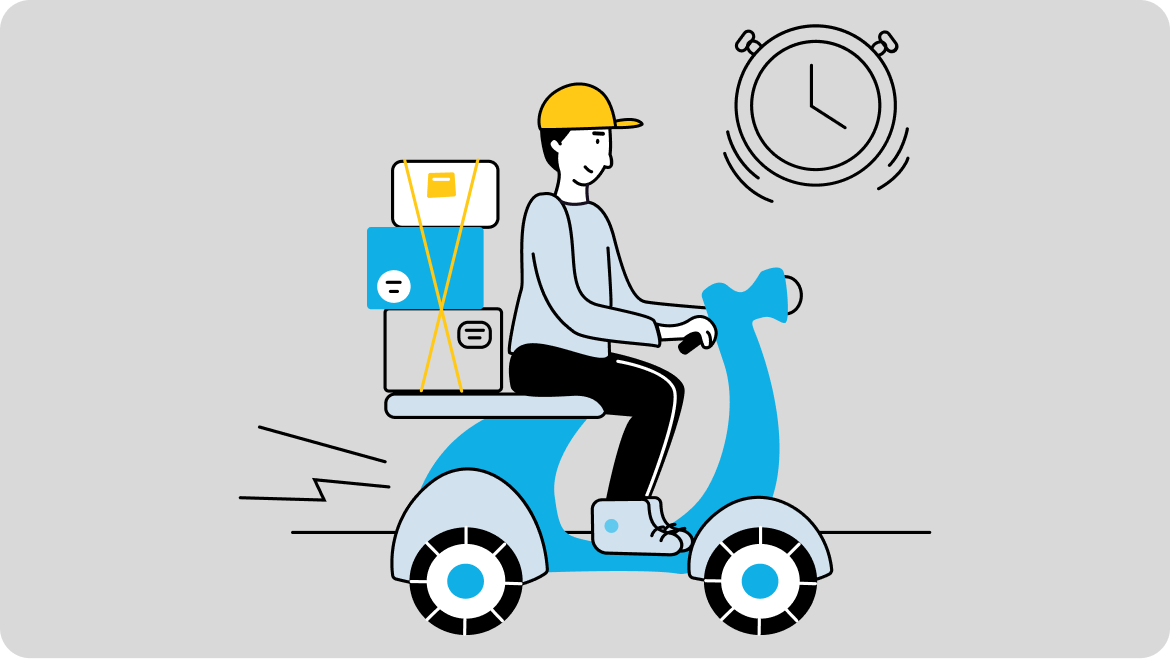
TABLE OF CONTENTS
TABLE OF CONTENTS
When was the last time you waited patiently for an online order to arrive? Or, used an app that facilitates delivery at your doorstep? Maybe, today morning!
Thanks to the e-commerce boom, buyers are no longer required to visit a brick-and-mortar store for a purchase to happen. Ordering food, apparel, and electronics are all possible at the convenience of staying indoors while avoiding external elements – weather, traffic, and pollution among others! Though ‘delivery’ is not a new concept, buyers are increasingly becoming pro-delivery, assisting in the growth of a whole new eco-system – in which home deliveries of everything – from online and traditional retail purchases, to meals, medicines, and grocery shopping are no more a luxury, but a part of our everyday lifestyle.
An Online Buyer’s Journey
A customer's online buying experience can be divided into 4 main stages starting from browsing online for available options, making a purchase (Add to cart), making the payment, and receiving the delivery as per the expected shipping time.

The last leg is where “Last-Mile Delivery” companies operate.
These logistics partners or more commonly known as 3PL are an indispensable component of the logistics operations involved in getting online purchases into the hands of the buyers.
Across the logistics industry, it is one of the fastest-growing areas and appears likely to remain so in the future, meeting the growing demand and needs of the market and consumers alike. The convenience of getting shopped products or merchandise delivered to a consumer’s place of choice, without the hassle of leaving the comfort of their own space makes it a convenient choice for the consumers to choose Last Mile delivery over visiting malls and stores.
The Last Mile Delivery experience summarizes the entire buying journey and hence is the most critical aspect of the purchase cycle – which can leave a mark in the customer’s mind and help in building brand loyalty and recall.
Roadblocks
A number of factors like – ease of conducting business, online boom, the convenience of home delivery, consumer’s inclination and willingness to explore, and purchasing power, have contributed immensely towards the growth of the Last-Mile Delivery sector in a country like UAE. E-commerce adoption was making steady in-roads but now, the market penetration has taken a sizeable leap.
At the same time, like any business, Last-Mile Delivery companies also face some challenges:
- Cost of doing business
- Handling day-to-day operations & fleet management;
- Staying in competition, ensuring customer satisfaction, and ensuring timely deliveries;
- Unpredictable fluctuations in demand and supply of delivery associates – For e.g., seasonal sales organized to encourage buying brings a huge surge in the demand for deliveries;
- Timely scheduling is crucial for effective deliveries as a customer’s unavailability to receive a package despite multiple attempts leads to an increase in operational costs.
Last-Mile Delivery - In times of the COVID19 Pandemic
All sizes of businesses are it multinationals or SMEs whether in developed or developing countries – have been affected alike by the pandemic. There has also been a severe strain on the supply chain and last-mile delivery services as most businesses have turned to Home Deliveries. The pandemic has worked to the benefit of LMD operations as safety and social distancing became a priority and as a result, the number of last-mile delivery services has multiplied over the last few months.
On the other hand, from a shortage of staff to following new norms of contactless delivery, adhering to a high level of hygiene standards, and expanding boundaries – Last-mile delivery services are also battling many pressures in the situation. With a rise in COVID19 cases, most consumers and businesses have realized the importance of online shopping and e-commerce and have expanded their delivery options, leading to an increased demand for such services.
Forecasting the various possible interruption scenarios, dealing with anticipated delays, and communicating with customers timely are some of the areas that delivery services have focused on to combat the current environment. Upgrading to advanced technology, keeping track in real-time and the optimal use of employees have been the go-to strategy to maintain quality and sustainability in the last mile delivery services sector.
Role of Technology
Technology plays an important role, especially in the Last-Mile Delivery industry.
The right technology can help reduce operational costs, ensuring profitability and a robust business model. The technology ensures cost optimization and gives businesses tools to maintain an enhanced customer experience with services such as same-day delivery. Artificial Intelligence and Machine learning can provide accurate geo-coding and optimal routing to enable error-free on-time deliveries.
3 Major disruptive technologies could prove to be a big competitive advantage – to logistics companies that can make it viable first -
- Internet of things
- Driverless
- Drones
Notably, the UAE government has recently set down an initial framework, including rules and regulations for developing and operating infrastructure for unmanned aerial vehicles. Back in January, when nations across the globe started seeing lockdowns given the pandemic, it was seen as an insurmountable challenge for e-commerce businesses because the neighborhood grocer was seeing a resurgence.
However, when economies started opening up with a new normal, one can now see that more and more people are comfortable ordering online as long as Safety procedures are being followed. These trends are a huge opportunity for specialist last-mile delivery providers which can leverage AI/ML technologies and improve the TAT on delivery while catering to a multitude of industries – like Banking, Retail, Food Delivery, and even Professional Services and Social Media Sellers. Recently, Emirates Post has registered a 45% growth in last-mile deliveries, and they intend to focus more on the same, which pretty much explains the need of the hour.
The Journey Ahead
The LMD industry is on an upward curve and will continue to grow easily in the next decade. Companies that are focused on propriety technology will gain a competitive edge in the market.
Cashless Transactions: The future is cashless! With the advent of new modes of payments such as e-Wallets, e- Pay and Digital Banking, etc, online shopping powered by convenience and seamless operations including the last mile leg would propel this business to new levels.
Instant/Easy Returns: Customers need fast and easy returns and companies are focusing on the same to make the whole process less frustrating and hassle-free for their customers. The concept of instant refunds shall be a reality very soon unlike the current time-consuming processes.
Quality Checks: Companies are ensuring that constant quality checks are made to ensure that the highest levels of service are provided at each stage of delivery.
Order Scheduling: Getting things delivered at the availability and convenience of the customers shall be the future.
Finally – it all boils down to the big question...
What is the secret of successful delivery?
The secret is the PEOPLE!
Well, it is critical to understand customer expectations and ensure that the defined Service level agreements (SLAs) are met.
Training the delivery associates to understand the importance of customer satisfaction and the company’s overall objectives is crucial to successful deliveries. It makes a generous impact on the customer’s perception and buying behavior when they see a delivery associate from a prominent Last Mile delivery company behave in the most polite and courteous manner, is presentably adorned in a crisp uniform, and oozes confidence. A customer feels special if his/her time is respected and the whole delivery experience is hassle-free and quick with minimal possible contact.
The convenience of slot-based delivery which saves the effort of repeated contacts and missed deliveries helps significantly in reducing the operational costs. All this, in turn, helps in making a successful delivery.
Contributed by: Raman Pathak
About Raman
Raman is the Co-Founder & CEO of Jeebly LLC – one of the fastest-growing Last-Mile Delivery Companies in UAE. Blending mobility, data analytics, and automation – Jeebly makes the last leg of a shipment’s movement a breeze for both individuals and businesses.
Under his leadership, Jeebly’s big audacious goal is to be the “Most Respected Last Mile Logistics Firm in the world” – A respect that is derived from size, profits, happiness index, corporate governance, corporate social responsibility, and contribution to the advancement of technology. The company’s objective is to provide a platform for an efficient way of fulfilling clients' mandates while ensuring a win-win scenario for all stakeholders – both internal and external. Jeebly LLC deployed NetSuite ERP to manage its financials and other back-end operations.
LEAVE A REPLY
Related Topics
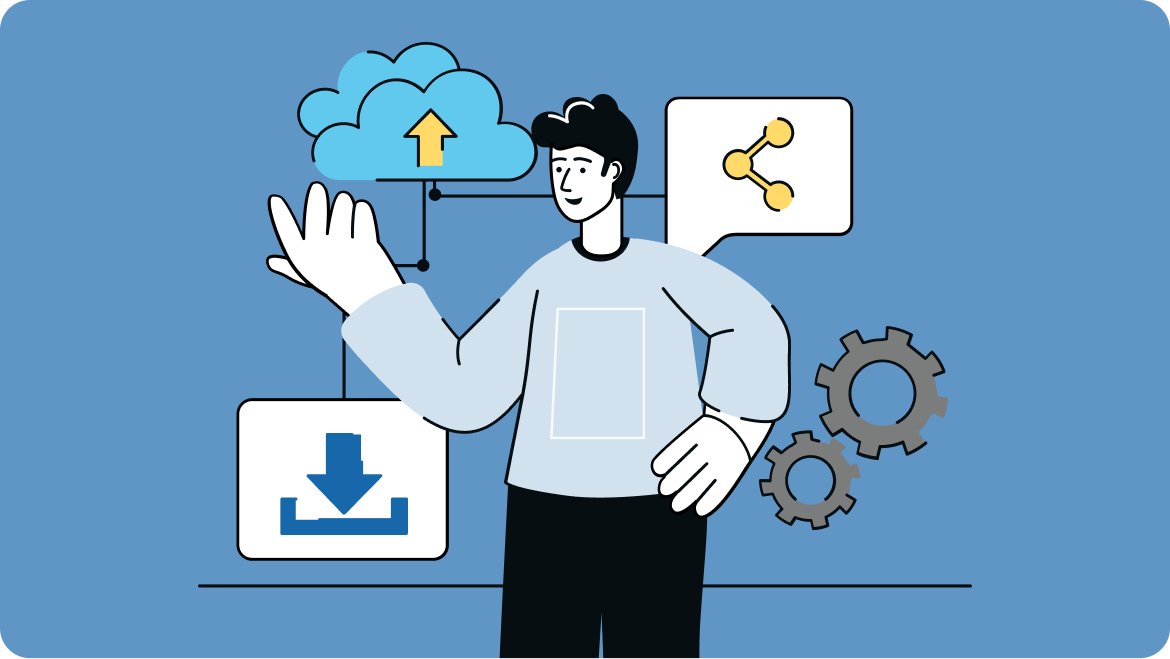
2 years ago
03 Oct 2022
KPI
10 Reasons Why SMEs Should Adopt NetSuite Cloud ERP
See why SMEs should get rid of their outdated systems and invest in the highly beneficial NetSuite Cloud ERP software!

2 years ago
02 May 2024
KPI
NetSuite ERP Consultants - Who they are and how to be successful?
Learn more about what a NetSuite consultant does, how to become NetSuite Consultant, and how they can help you with your NetSuite implementation project
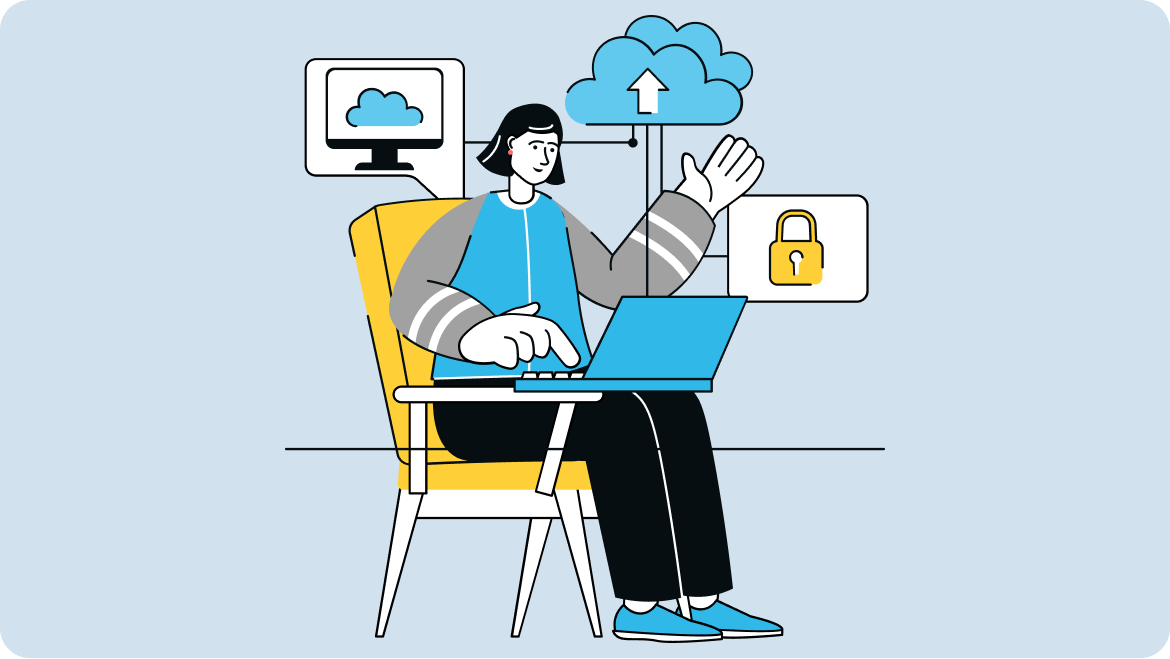
2 years ago
11 Oct 2022
KPI
The Importance Of Cloud ERP In The Post-Pandemic Era
Has the adoption of Cloud ERP increased with the onset of the Covid 19 pandemic? Click here to know more!
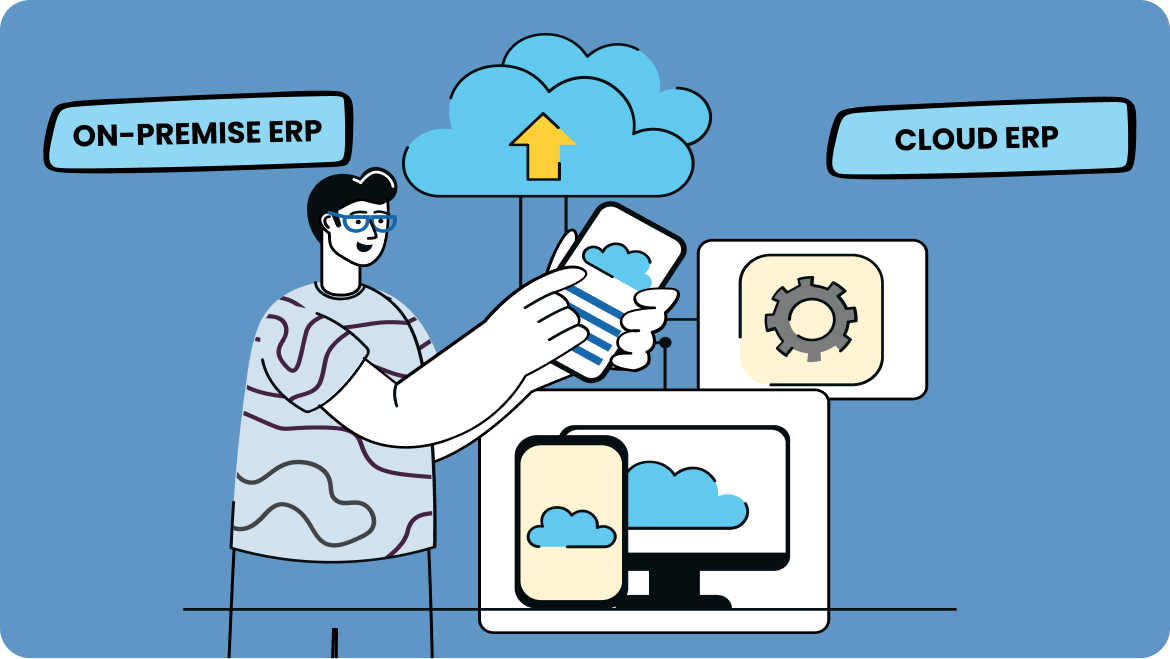
2 years ago
03 Mar 2024
KPI
8 Key Differences between On Premise ERP and Cloud ERP
Compare Cloud ERP & On-Premise ERP: Dive into benefits, costs, & scalability to determine which solution best fits your business needs. A brief guide from KPI
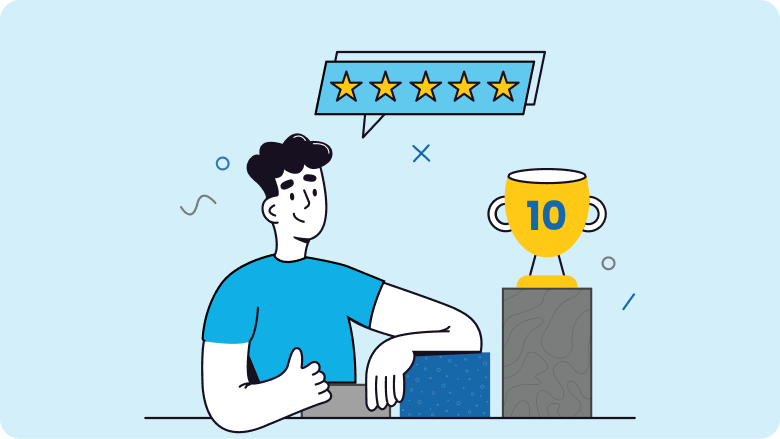
4 days ago
14 Aug 2024
KPI
Top 5 Oracle NetSuite Partners in UAE
With so many types of partners available, finding the ideal one for your business can feel like navigating a maze. Don't worry; we've got you covered!
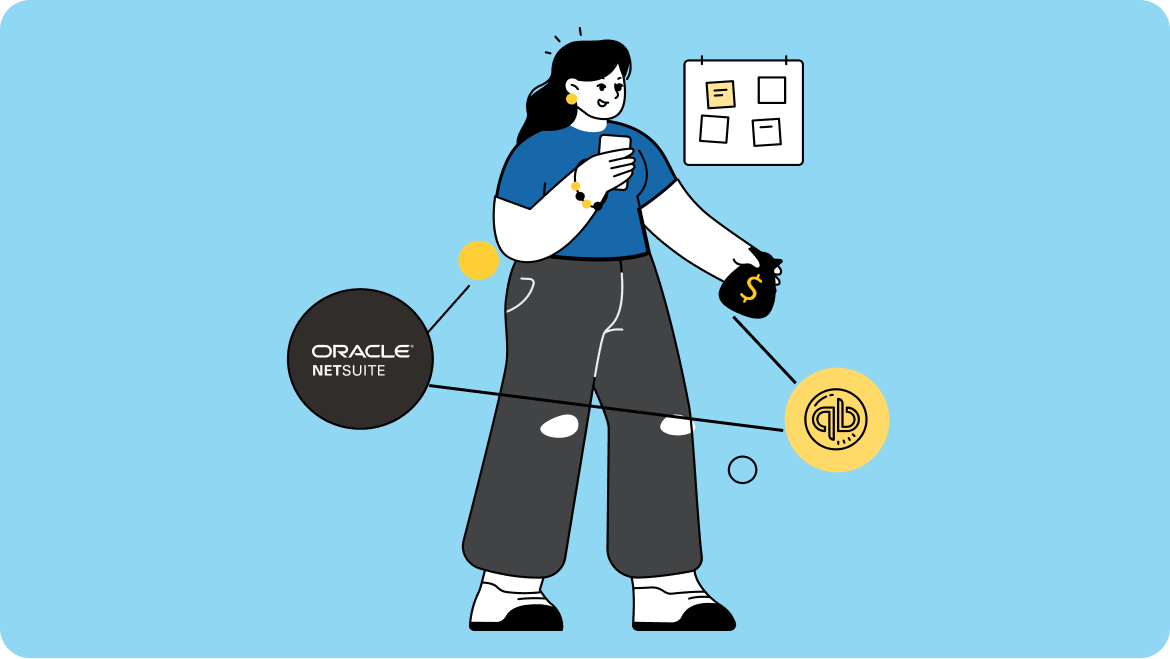
2 years ago
03 Jun 2022
KPI
NetSuite VS QuickBooks – Which accounting software is better?
Looking for new accounting software? See a detailed comparison of NetSuite & QuickBooks features & advantages.
